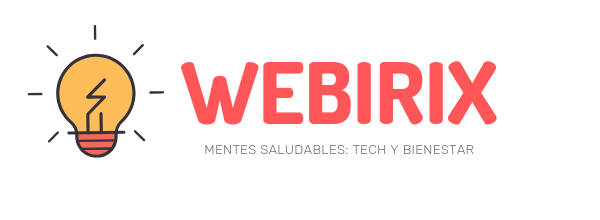One thing was clear: a skill work that became extremely desirable since February / March of this 2020 has been to be a proactive worker from home and without further complication to comply or attend remote tasks, and its counterpart: being an efficient boss with the staff scattered in their homes.
Take your web project to the next level with KIUBIX solutions in hosting, development and specialized software in the cloud
And just as there is that example, there are too many specific points for this new normal of COVID-19, which will at least accompany us until the summer of next year.
In the ISDI blog We found some general aspects to give us an idea of the trends in the world of work after and during the pandemic. The issue of education and training continues to be one of the most talked about, but also the risk for companies regarding the independence of their professionals, who could offer services in a more agile and economical way.
We share:
Long-term adoption of teleworking
Big technology companies are not the only ones that have embraced a position regarding the maintenance of remote work as a growing and permanent dynamic. If Facebook announced that there is already a future post-pandemic in which at least half of its employees will work remotely, 48% of employees will end up working in a similar scheme, which although it could include some days of office attendance, it will have remote working as its backbone, which will activate collaborative work challenges online.
The boom of personal brands
Faced with the instability of companies, more and more workers will decide to undertake a project that leads them to search for resources independently.
They can be the side hustle or projects to complete entry, in niches unrelated to your main career. But there is also the risk of competition for companies with the adoption of insiders or micro-influencers as an alternative both for potential clients who decide to hire them to receive some type of consulting or service.
Redefinition of the support received by a company
For those organizations that embrace remote work as a permanent dynamic, there will come a rethinking regarding the additional benefits that their employees should receive that, although they will not be going to a cafeteria or demanding spaces to relax, will now require support to balance their work life with the personal, endure stress from a distance and even the feeling of loneliness that isolation during their working hours could generate.
In a way, the company / employer relationship will be extended by understanding that with this change, which presents obvious savings for companies in the face of the possibility of having a smaller space for fixed office work, it also represents the need to make new investments both in technological matters as well as assistance for the well-being of its collaborators.
More preparation, less typecasting of roles
The trend already existed, the pandemic only accelerated it. Faced with the continuous transformations that companies must face both in their business models and in the way they operate, it is essential that key people in their organizations receive constant preparation, which prepares them so that when their role need to be reconfigured, have the necessary tools and knowledge to be part of the new era.
The changes driven by digital platforms, where a highly valued capacity often ends up being devalued due to having been replaced by machines, mean that people must gather a series of skills to be in a position to be part of the new episodes and challenges of the companies. In short, employees must be trained in everything that forms and is about to be part of the main business units of a company.
Offer your own online courses with a professional level tool: Meet Kearnit














[…] New realities at the same time (homeschooling, work from home and more) and take advantage of the time to train or earn an income […]